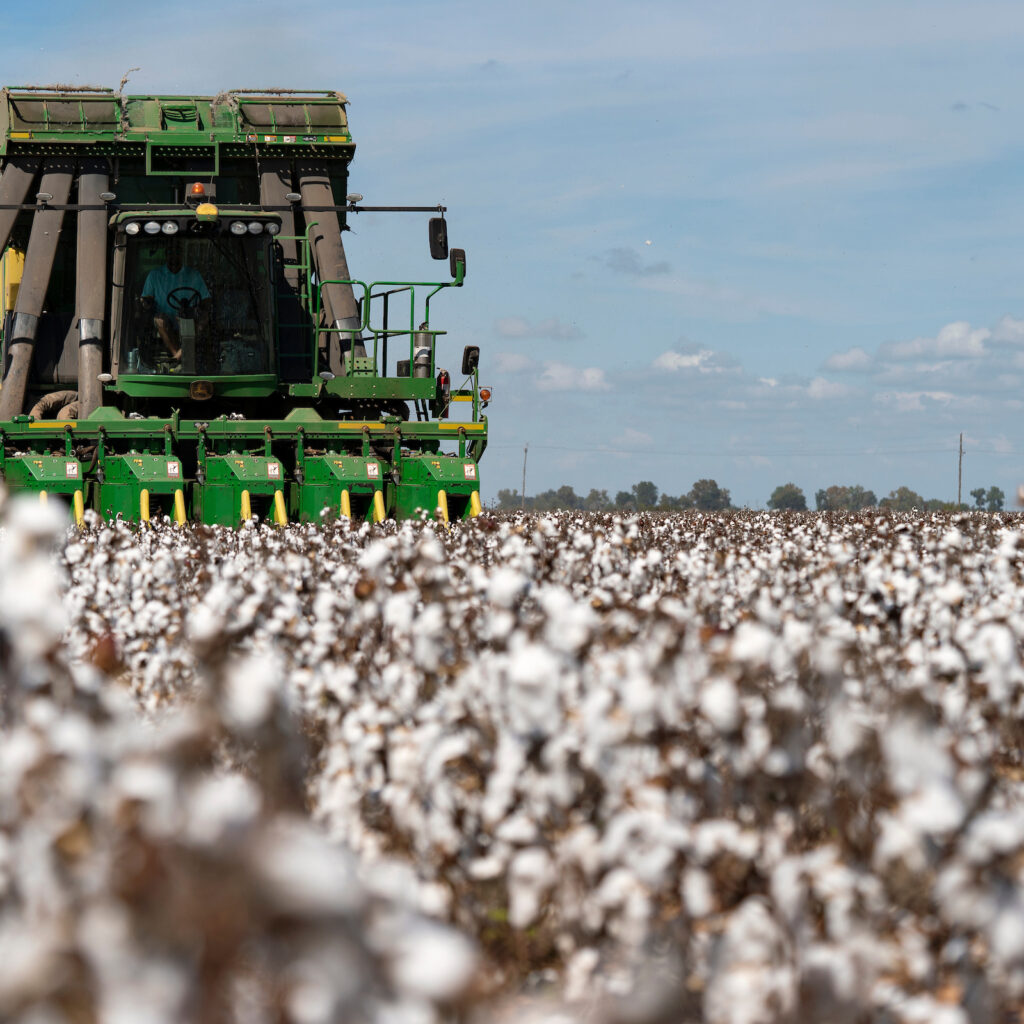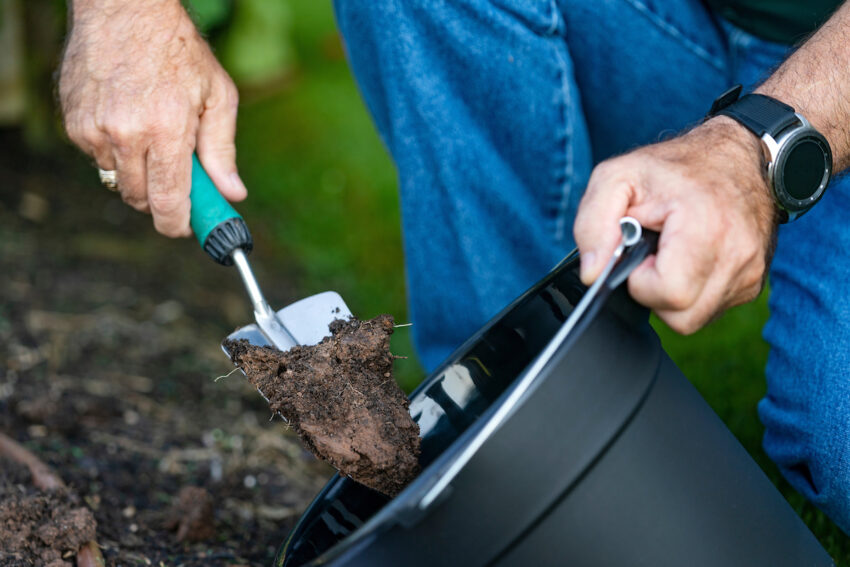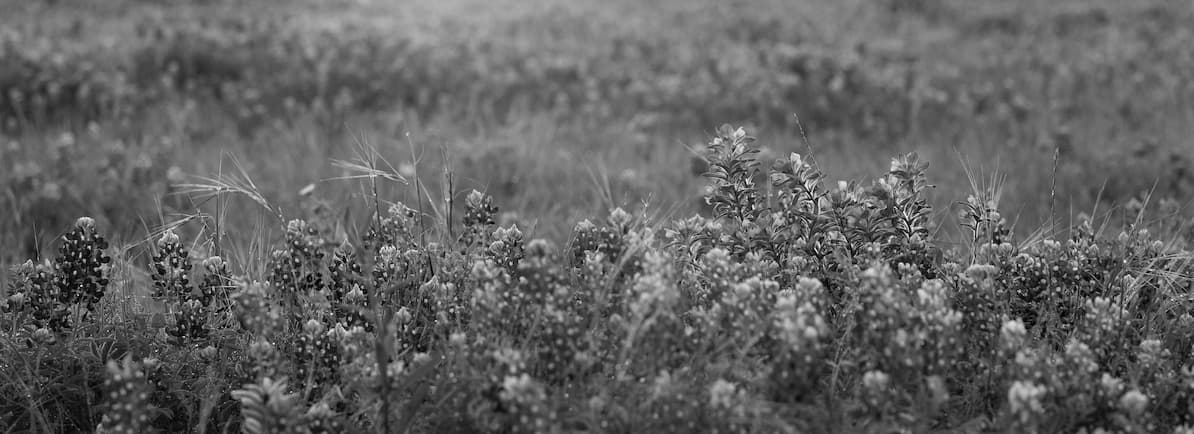Plants & Crops
Texas A&M AgriLife Extension Service offers a wide variety of programs, brochures, field days and one-pagers to help Texans with agricultural crop production, whether that is a food crop or specialty crop. Experts can be located across the state to advise on plant needs and best management practices.
Related Departments: Soil and Crop Sciences, Horticultural Sciences, Agricultural Economics, Entomology

Soil, Water, and Forage Testing Lab

Learn About
Plants & Crops
Publications
Programs
Courses
All Resources on Plants & Crops
- Course
Diseases in horses can spread rapidly, posing significant risks to herd health. This 1.5-hour self-paced course is designed to help horse owners and professionals identify, prevent, and manage common equine diseases. Covering both viral and bacterial infections, the course emphasizes the importance of routine vaccinations and effective biosecurity practices. By understanding how to spot and control these diseases, participants can reduce risks and ensure the well-being of their horses. Enroll today to protect your equine partners and enhance your knowledge.
- Publication
Grasses are one of Texas’ most valuable natural resources and this publication gives you information on where to find grasses and identify them.
- Publication
This field guide describes and illustrates the 106 most common potentially toxic plants in Texas.
- Publication
This publication explains how rainwater harvesting landscape methods can save consumers money, reduce the demand for potable water, use water efficiently, and reduce flooding, erosion and surface water contamination.
- Course
Do you know how to apply IPM principles to your school garden as required by Texas state law? After this course, learners will know how IPM principles apply to school gardens, differentiate between harmful and beneficial insects, and more. District School IPM Coordinators can use this module as part of their education plan.
